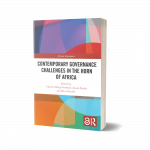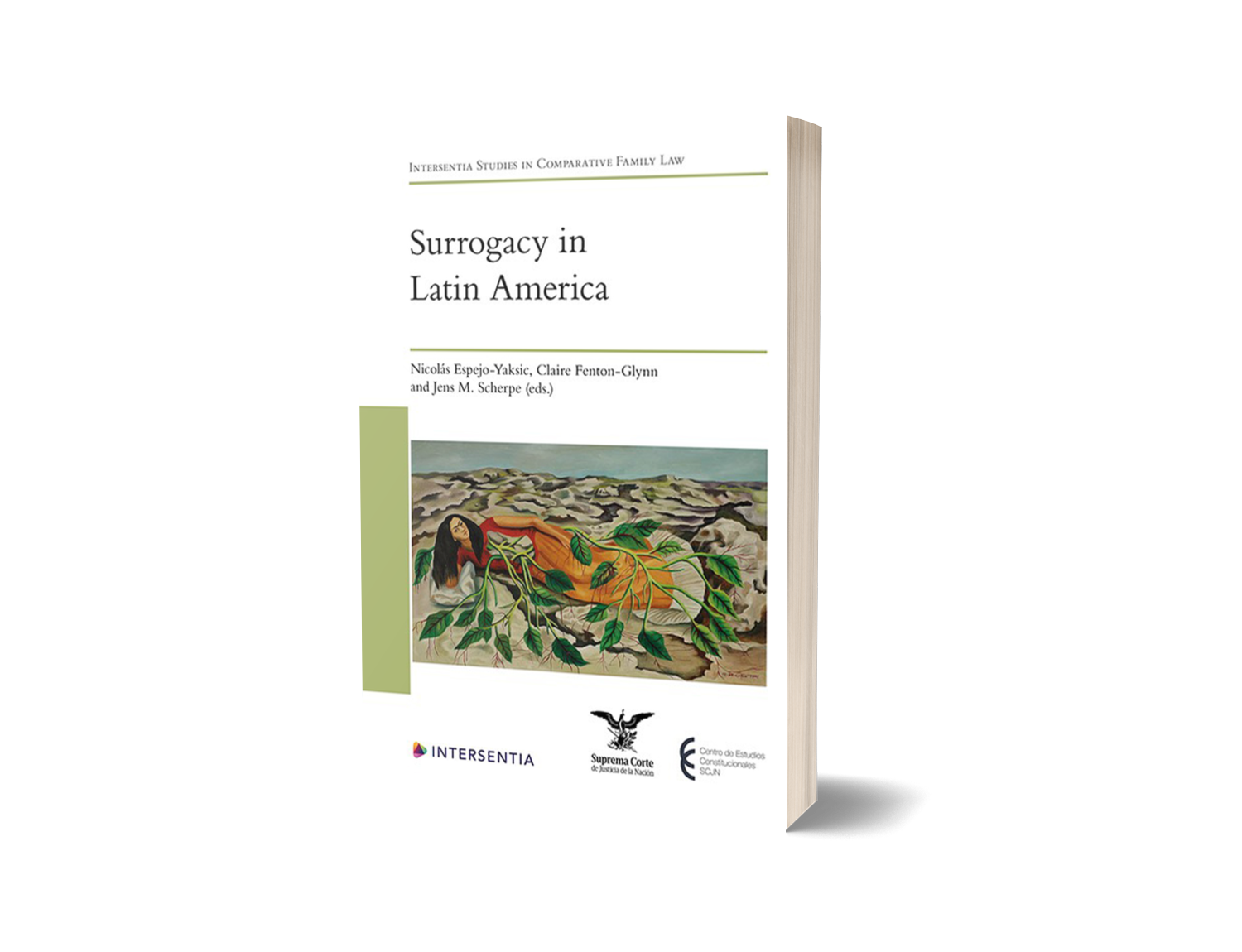Surrogacy in Latin America
Scherpe, Jens (with Nicolás Espejo-Yaksic and Claire Fenton-Glynn) (eds.) Surrogacy in Latin America (Intersentia Publishing, 2023)
Over the past 20 years, a convergence of scientific, demographic, legal and social developments has led to a significant increase in cases of international surrogacy. Parenthood has become a multi-billion-dollar industry, and the law has been left behind in the wake of advances in artificial reproductive techniques, and rapid social changes.
Lawyers, politicians, ethicists and health care professionals have struggled to develop suitable legal frameworks to ensure the protection of surrogates from exploitation, while also combating the vulnerability of intended parents to agencies and intermediaries, and ensuring that the rights of children born as a result of surrogacy are adequately protected.
The transnational nature of surrogacy – with intended parents often crossing national boundaries to achieve their desire of become parents – has meant that individual states have difficulty taking decisive action to regulate this practice. Moreover, surrogacy remains a highly politicised ethical issue, with different responses to the question of whether surrogacy should be permitted, and if so, on what grounds.
This book is the first comprehensive engagement with surrogacy and surrounding issues in Latin America in the English language. It examines the approaches taken in Latin American jurisdictions, bringing together experts from Argentina, Brazil, Chile, Colombia, Costa Rica, Dominican Republic, Ecuador, Guatemala, Mexico, Peru, Puerto Rico and Uruguay. It provides an overview of the national developments and current legal reform processes in their historical and societal contexts and puts these developments into a global perspective.






